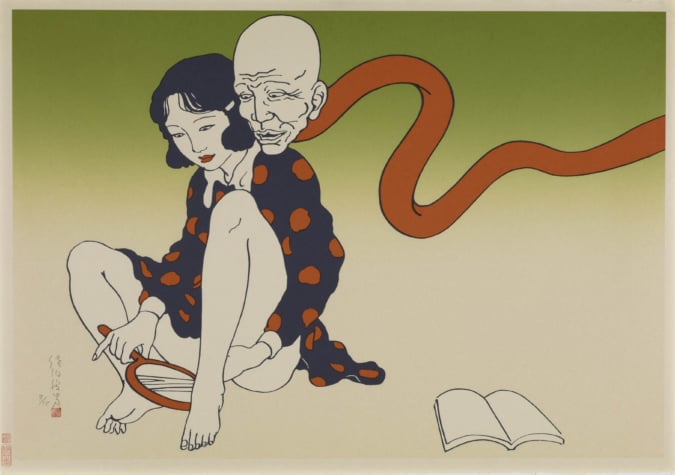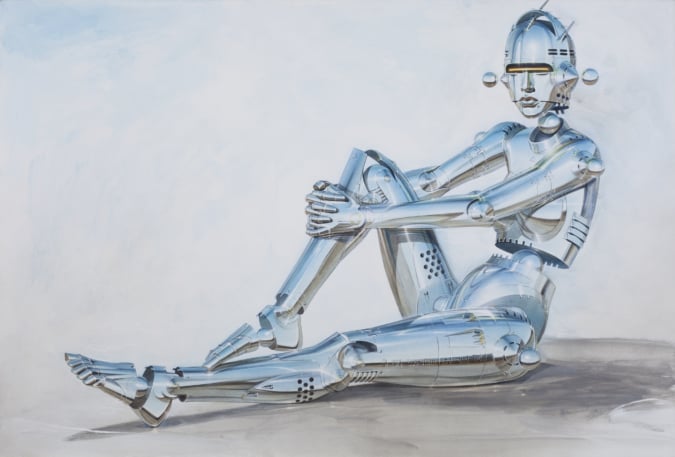‘Kikujiro’, a Journey on the Roads of Childhood
In this feature film by Takeshi Kitano, the director sets his passion for gangsters aside and explores the melancholy of youth.
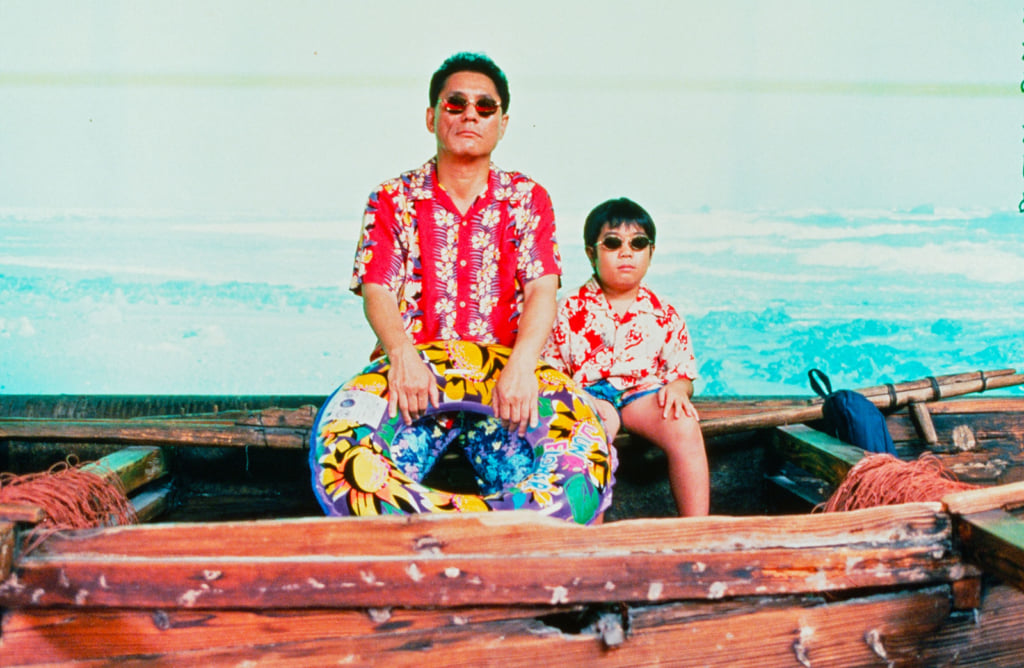
© La Rabbia
Takeshi Kitano is known for Sonatine and Hana-bi, films that exemplify the hallmarks of his cinema: an attraction to the world of the yakuza, an inclination towards stylised violence, and a sense of humour with a touch of the macabre. Kikujiro, a feature film released in 1999, takes the opposite approach, portraying the harsh nature of a lonely childhood, far from the nuclear family model that Japanese society holds so dear.
One thing remains the same, however: the filmmaker plays a dual role, with Takeshi Kitano named as the director and Beat Takeshi listed in the acting credits. He plays Kikujiro, a former yakuza member who has gone straight but is still embroiled in gambling, who accompanies a young boy, Masao, in his search for his mother. The nine-year-old child lives in Tokyo with his grandmother, his only family figure on a day-to-day basis since the death of his father and the disappearance of his mother, who is said to be ‘very busy with work.’
A story inspired by The Wizard of Oz
Thus, for just over two hours, the viewer follows the pair, not quite knowing which of the two is steering the ship in this saga inspired by The Wizard of Oz. Gambling acts as an antidote to the toughness of life with the characters disguising themselves and acting as stylistic doppelgangers and with shots filmed from the perspective of a dragonfly, to escape the haunting silence of the absent. It all unfolds against a score composed by Joe Hisaishi, a famous film composer whose other work includes original soundtracks for Hayao Miyazaki.
Kikujiro (1999), a film directed by and starring Takeshi Kitano, has been released on DVD and is available on La Rabbia.
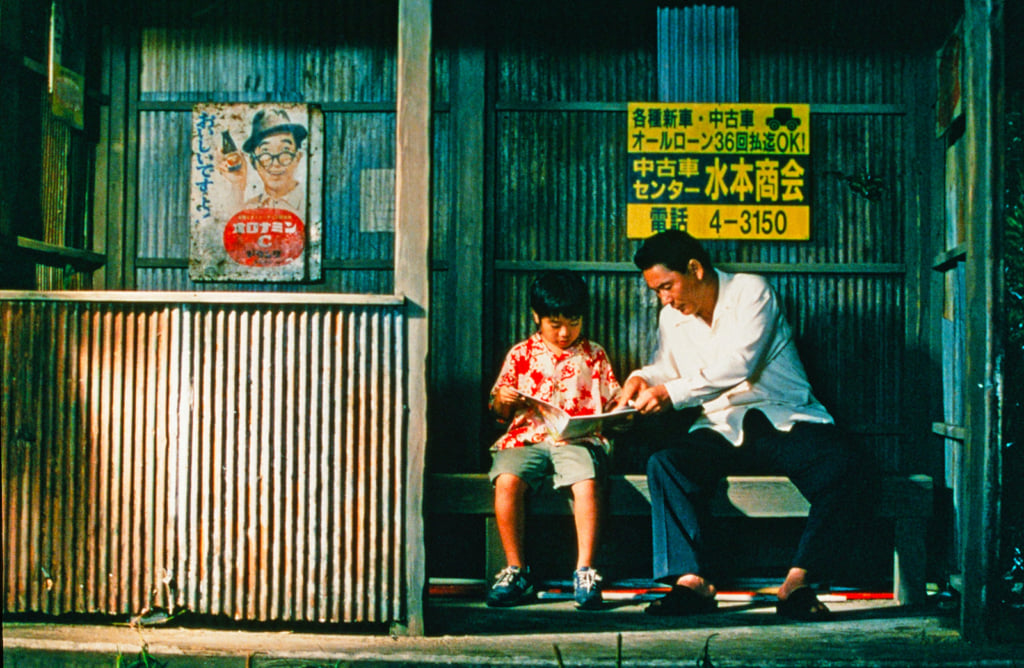
© La Rabbia
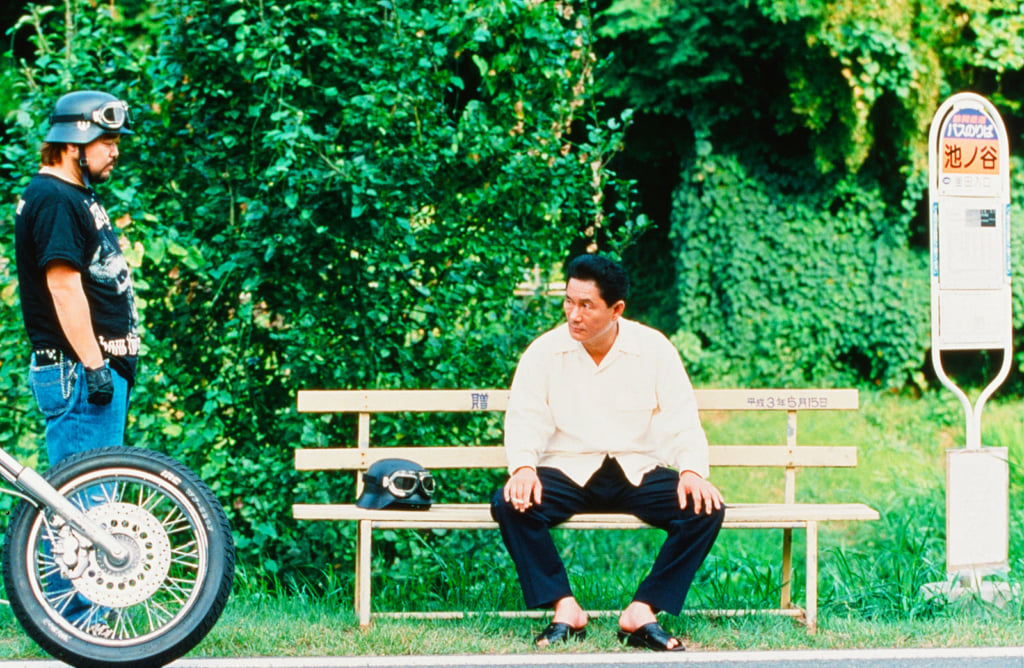
© La Rabbia
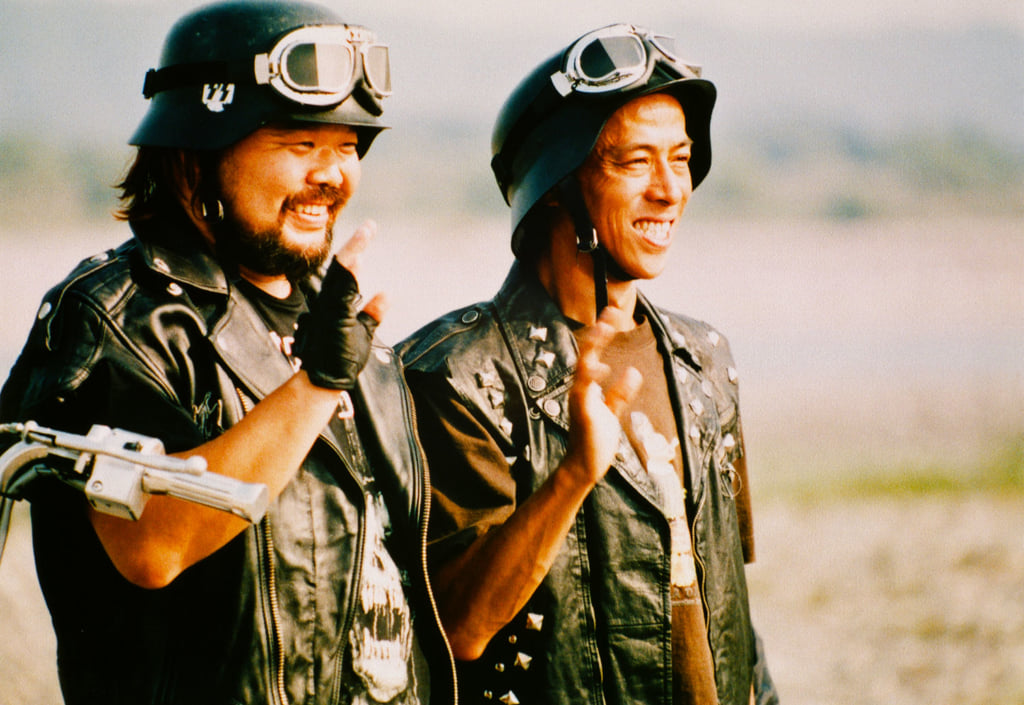
© La Rabbia
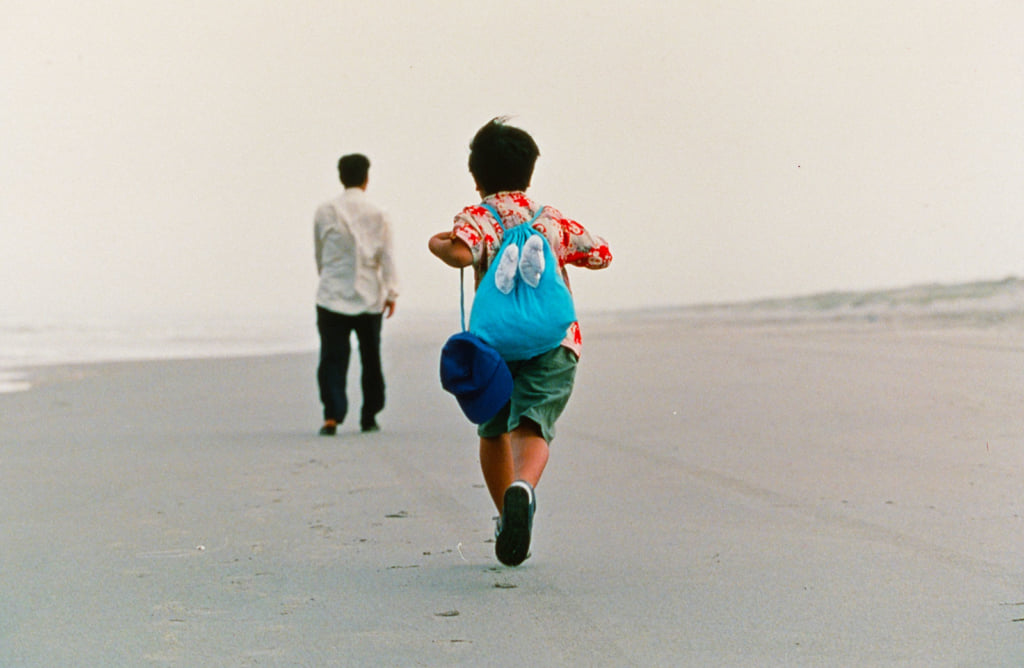
© La Rabbia
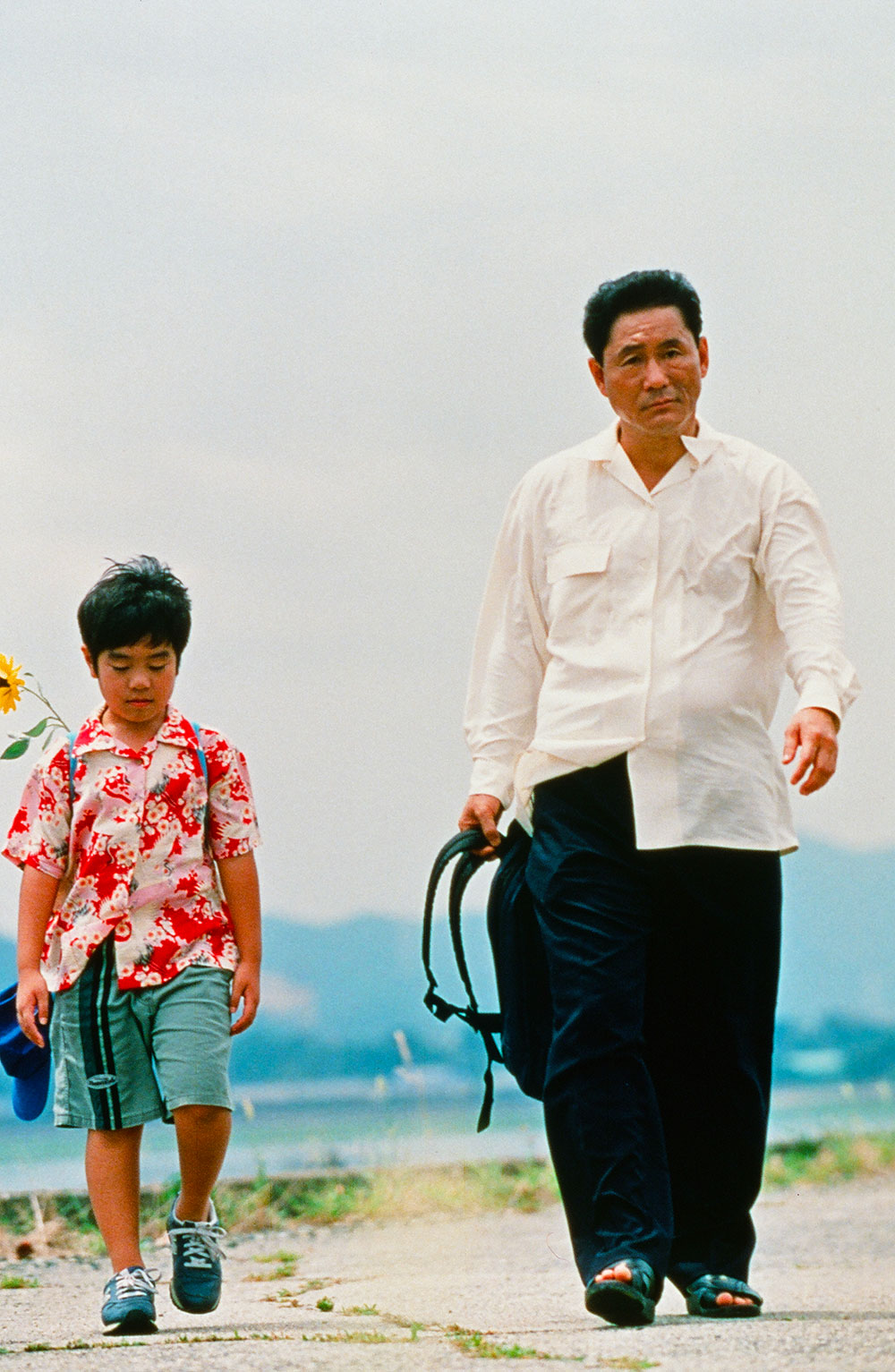
© La Rabbia
TRENDING
-
A House from the Taisho Era Reveals Its Secrets
While visiting an abandoned building, Hamish Campbell discovered photographs the owner had taken of the place in the 1920s.

-
The Taboo-Breaking Erotica of Toshio Saeki
The master of the 1970s Japanese avant-garde reimagined his most iconic artworks for a limited box set with silkscreen artist Fumie Taniyama.

-
With Meisa Fujishiro, Tokyo's Nudes Stand Tall
In the series 'Sketches of Tokyo', the photographer revisits the genre by bringing it face to face with the capital's architecture.

-
Masahisa Fukase's Family Portraits
In his series ‘Family’, the photographer compiles surprising photos in which he questions death, the inescapable.

-
Hajime Sorayama's Futuristic Eroticism
The illustrator is the pioneer for a form of hyperrealism that combines sensuality and technology and depicts sexualised robots.


